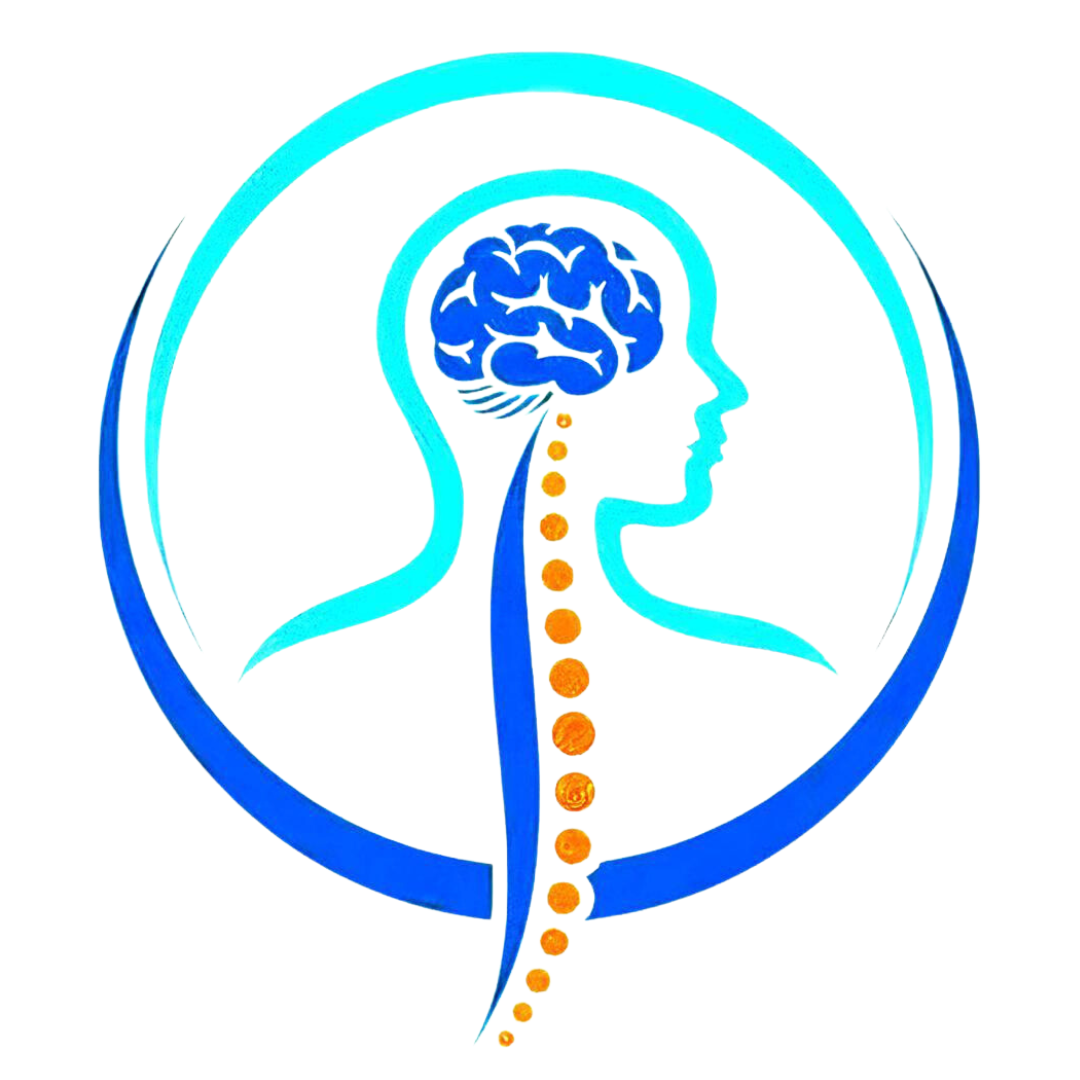
Bell's palsy is a sudden and temporary paralysis or weakness of the muscles on one side of the face. It results from inflammation or damage to the facial nerve, which controls facial expressions and other functions. Bell's palsy is the most common cause of facial paralysis and often resolves on its own, although it can be concerning when it occurs due to its sudden onset and appearance.
Key Characteristics:
- Facial Weakness: The primary symptom is a sudden onset of one-sided facial weakness or paralysis. The affected side of the face may droop, and individuals may have difficulty closing the eye and smiling.
- Other Symptoms: Other symptoms can include difficulty blinking, decreased sense of taste, increased sensitivity to sound in one ear, drooling, dry eye or mouth, and changes in tear or saliva production.
Prognosis:
- Most people with Bell's palsy experience significant improvement within a few weeks to several months.
- Complete recovery is common, but some individuals might have residual mild weakness or muscle asymmetry.

Causes and Risk Factors:
- The exact cause of Bell's palsy is not fully understood, but it's thought to result from viral infections, particularly the herpes simplex virus (HSV-1). Inflammation and swelling around the facial nerve within the narrow bony canal can lead to compression and dysfunction.
- Other viruses, such as the varicella-zoster virus (VZV), might also contribute to Bell's palsy.
Diagnosis and Stages:
- Diagnosis is primarily clinical and based on the characteristic symptoms of sudden facial weakness on one side.
- A medical history and physical examination, including assessment of facial muscle function, are used to rule out other causes of facial paralysis.
Lifestyle & Emotional Well-being:
- Coping with the sudden onset of facial weakness can be emotionally challenging. Support from healthcare professionals, family, and friends is important.
- Patience and self-care can help individuals manage the physical and emotional aspects of Bell's palsy.

Treatment and Management:
- Most cases of Bell's palsy improve on their own without specific treatment. However, medical intervention may be recommended to speed up recovery and manage symptoms.
- Corticosteroids: Oral corticosteroids, such as prednisone, are often prescribed to reduce inflammation and improve recovery.
- Antiviral Medications: Antiviral medications may be considered, particularly if a viral cause is suspected, but their effectiveness is still debated.
- Eye Care: Protecting the eye is crucial because reduced blinking can lead to dryness and potential damage. Artificial tears and eye patches can help.
- Physical Therapy: Gentle facial exercises and massage can help maintain muscle tone and prevent contractures during recovery.
- Eye Protection: Wearing sunglasses, using eye drops, and covering the eye during sleep can help protect the affected eye from irritation.
